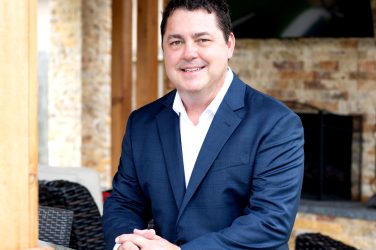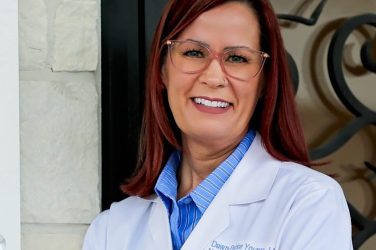
Q&A
Emergency Services
Are 911 dispatchers trained to give medical instructions by phone?
All 9-1-1 dispatchers in the District are certified to provide emergency medical instructions over the phone. They’re equipped to coach callers through many critical situations, from severe allergic reactions to choking, seizures, and childbirth. During a cardiac event, dispatchers can even help you locate the nearest automated external defibrillator (AED) and start CPR. When you call 9-1-1 during a medical emergency, stay on the line and listen to the dispatcher’s guidance. They can provide life-saving instructions and will tell you exactly what to do while emergency medical personnel are on the way.
Does 9-1-1 automatically know my location?
Dispatchers begin 9-1-1 calls with the same crucial question: “Where is the emergency?” While advanced location technology can sometimes pinpoint an exact location, verification and additional details may be necessary to ensure an accurate response. It’s imperative to clearly state the location where help is needed and include any specific details, such as a room number, side of the school, or direction of travel on a highway. These details can significantly improve response time and emergency outcomes.
How is our local 9-1-1 system staying ahead with new technology?
The 9-1-1 system serving this community is one of the most technologically advanced. Our staff constantly evaluates the newest tools to ensure effective integration with 9-1-1. Extraordinary effort has been expended to ensure equipment and network redundancy, resulting in high availability of this critical system. Other technological advances, such as the ability to text and send video to 9-1-1, have been major improvements for citizens in an emergency when it isn’t safe to speak and for speech and hearing-impaired callers.
What can I teach my child about calling 9-1-1?
It’s important to teach children how to call 9-1-1 using the phones and other devices available to them. Since many devices are locked with passcodes, children should be shown how to access the emergency call function without needing to unlock the device.
Let your child know it’s always okay to call 9-1-1 if someone is hurt, in danger, or needs urgent help. While emergencies can feel scary, 9-1-1 dispatchers are trained professionals who will guide them through the situation.
If 9-1-1 is ever dialed by mistake, they should stay on the line, explain that it was an accident, and take the phone to an adult — this helps confirm no emergency response is needed.
Children need to know key personal information such as their home address, their school’s name, and a parent or guardian’s name and phone number.
How can I learn more about 9-1-1?
Denco Area 9-1-1 District offers a robust public education program designed to keep our community informed and prepared. We participate in local events, give presentations, and actively share information through our social media platforms, including Facebook, Instagram, and X. To request a 9-1-1 presentation for your school, business, or community group, visit our website or send us an email. Follow us on social media for helpful 9-1-1 tips and local updates.
About The Expert

Marissa Lewis, ENP
Denco Area 9-1-1 District
Marissa Lewis has worked in public safety for 15 years, including more than 12 years in 9-1-1 communications. She is a certified Emergency Medical Dispatcher and licensed TCOLE Master Telecommunicator. Marissa now serves as Denco Area 9-1-1 District’s education services manager, overseeing community engagement and the public safety training academy.











Show Comments